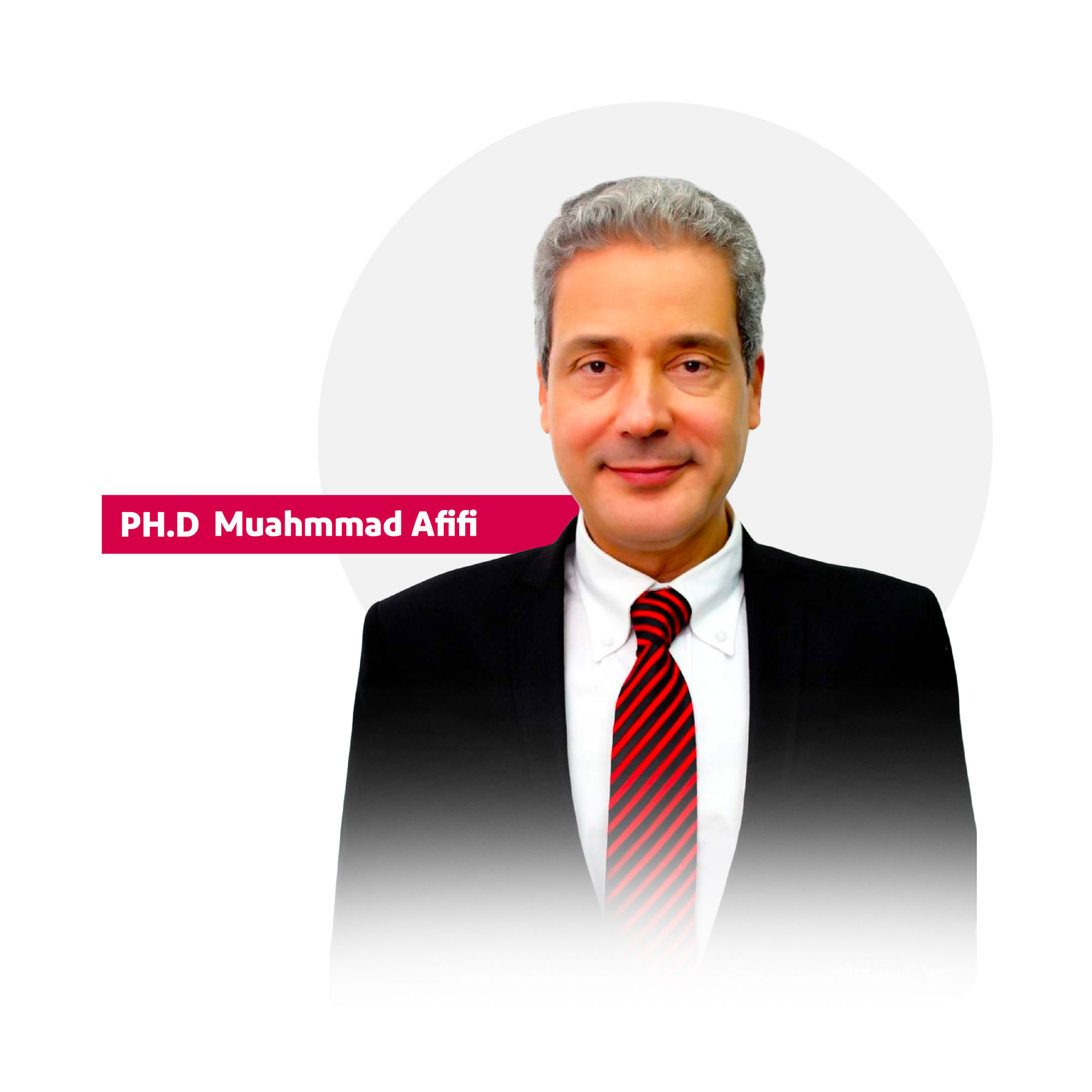
Turkish drama:
Export of Turkish model
Early by the twenty-first century, there have been significant and serious developments in the Arab arena in the field of soft power, which many people have not noticed at the time, we mean the Turkish drama’s acculturation of Arab satellites, and then entering every house of our Arab region. Do we remember the Turkish series “Noor” in (2005)? How was the protagonist’s name changed and presented in a widespread Arabic name “Muhannad” to facilitate the penetration of Arab consciousness? Since then, Turkish drama has served to solidify its success through a continuous series of social drama, such as “Forbidden love,” leading to “The Return of Muhannad,” where Muhannad is the god of masculinity in the eyes of women, and Samer is Venus the goddess of beauty! Everyone was impressed by the scenic landscapes that appear in Turkish serials, ones that were carefully employed to promote Arab tourism to Turkey, until Istanbul became a shrine for Arabs, particularly in the summer, which severely affected inter-Arab tourism.
That was in fact, a soft introduction and background to the export of what was then known as the “Turkish model” in politics and Islam to the Arab region, and so it was the beginning of an export “The Turkish Dream,” through soft powers, particularly the Turkish drama, which tried to replace and steal attention from its Egyptian, Syrian and Gulf counterparts, and it came close to success firmly in this field, but there was paying attention for the gravity of this phenomenon afterwards.
In order to emphasize the importance of employing Turkish drama in exporting the Turkish model to the Arab region, we would like to mention the saying of Ibrahim Qalin, the Turkish President’s adviser on foreign affairs; Recalling that just before 2011:
“During two separate visits to the Arab world, I was asked about Turkish series that was operated on Arab satellites channels, and my hosts were surprised that I don’t know much about these series, their heroes or their stories. I have an Arab friend whose ringtone on his cell phone is the introduction to the Turkish series translated into Arabic as “Years Lost,” and with the same music as the original introduction, Arab producers replaced the song’s lyrics with Arabic lyrics, which made it difficult to distinguish between what is Arab and what is Turkish! “
According to Qalin, Turkish drama permeated the Arab world as if it reflected the problems of Arab society!!
Thus, Arab drama in general, and Egyptian in particular, suffered from unequal competition. The Turkish State stood behind the support and distribution of Turkish drama, especially in the Arab region. This was in fact an attempt to jump over history, they forgot the history of Egyptian cinema and how it pioneered Turkish cinema, and that the arrival of Turkish artists in Cairo was an artistic birth certificate for them.
For example, in the 1920s and 1930s, one of the most important directors of Turkish cinema came to Egypt, Wadad Arfi, where he directed several films in Egypt and merged into the Egyptian art world before returning to Turkey and gaining fame there.
Around the same time, one of the most famous Turkish actresses, Efranz Hanem, came to Egypt and she played roles in several Egyptian films. The famous Turkish singer Amal Siyin was nicknamed as Umm Kulthum of East . In the 1960s, the famous actor Farid Shuqi went to Turkey and made several films with top Turkish film stars, celebrated by the Turkish artistic milieu, and the collection of Farid Shuqi films remains one of the most important works of Turkish cinema. Life must be restored to Arab drama, because its return is a return to history.

